AP Psychology: Using Cognitive Psychology to Study Smarter
The start of a new year always a wonderful opportunity to introduce students to effective, research-backed methods for studying more effectively....
AP & Honors Mathematics
Explore Wiley titles to support both AP and Honors mathematics instruction.
Literacy Skills & Intensive Reading
Connections: Reading – Grades 6–12
Empower student success with a proven intensive reading program that develops strong reading skills in striving readers.
Drama, Speech & Debate
Basic Drama Projects 10th Edition
Build students’ confidence and competence with comprehensive, project-based theatre instruction.
Literature
Connections: Literature
Support learners as they study dynamic, relevant texts and bring the richness of diverse voices to students through literature.
Literature & Thought
Develop critical thinking, reading, and writing across literacy themes, genres, historical eras, and current events.
Language Arts
Vocabu-Lit® – Grades 6–12
Help students build word power using high-quality contemporary and classic literature, nonfiction, essays, and more.
Connections: Writing & Language
Help students develop grammar, usage, mechanics, vocabulary, spelling, and writing and editing skills.
Reading/English Language Arts
Measuring Up to the English Language Arts Standards
Incorporate standards-driven teaching strategies to complement your ELA curriculum.
English Language Learners
Measuring Up for English Language Learners
Incorporate research-based best practices for ELLs with an approach that includes a focus on language acquisition strategies.
Mathematics
Measuring Up to the Mathematics Standards
Incorporate standards-driven teaching strategies to complement your mathematics curriculum.
Foundations
Measuring Up Foundations
Help students master foundational math skills that are critical for students to find academic success.
Science
Measuring Up to the Next Generation Science Standards
Give students comprehensive NGSS coverage while targeting instruction and providing rigorous standards practice.
Assessment
Measuring Up Live
Deliver innovative assessment and practice technology designed to offer data-driven instructional support.
For a better website experience, please confirm you are in:
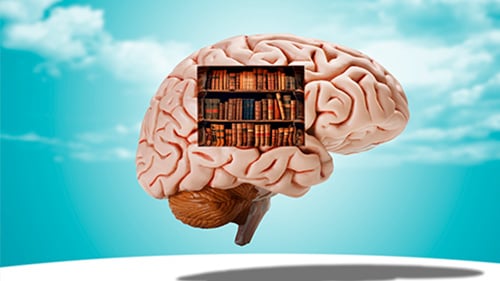
This year’s AP Psychology Exam will be the first exam with the new curriculum which focuses intensely on research. Some may wonder about this focus and why students need to know so much about research in both the multiple-choice and free-responses. This post will exam address research in both sections of the exam.
Regardless of which aspect(s) of Psychology in which students find their interest if they know how to conduct good research, it will allow them to pursue any area they wish. Good research is the basis for new discoveries in any area of scientific exploration and understanding the scientific method in Psychology carries over to all scientific disciplines. In preparation for the AP Psychology exam, there will be no single area that will be covered in more detail than that of research.
The 75-question multiple-choice portion of the exam will contain roughly 17-18 questions on research techniques and another 7-8 questions on the analysis of research studies and data through graphs, charts, and data. These questions will span all 5 units of the course, the research studies described in the questions will relate to different content areas in Psychology. The questions however, will relate to the identification of types of research, identification or variables, ethics, sampling, measurement techniques, and how conclusions can be made.
The Article Analysis Question (AAQ) will ask students to examine a peer reviewed research study and ask students to complete the following six aspects of analysis.
The Evidence Based Question (EBQ) will ask students to examine three summaries of peer reviewed research articles. Students will then need to make a claim and provide evidence from 2 of the 3 sources before moving onto the reasoning point in which they connect the evidence to the claim and to concept in Psychology. The EBQ assesses student’s ability to evaluate the sources, make a claim, and defend that claim.
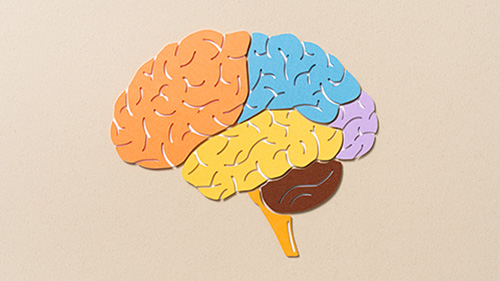
The start of a new year always a wonderful opportunity to introduce students to effective, research-backed methods for studying more effectively....

As the AP® exam draws near, students often become increasingly anxious. Review games and activities can target areas students need to review while...
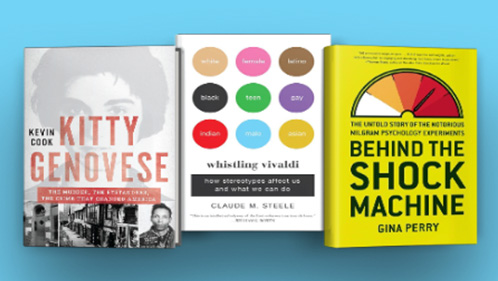
The art of teaching can be enhanced by storytelling and great storytelling begins with great stories. Psychology has many of these as it is the study...
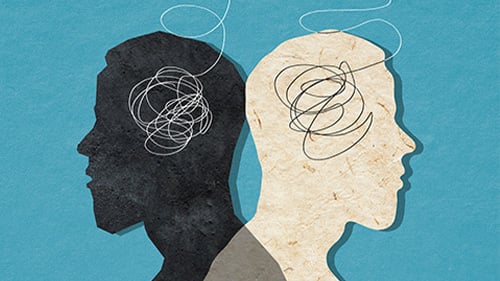
Review season is upon us. With preparations for upcoming AP exams, finals, and other year-end assessments principals in cognitive science can help...
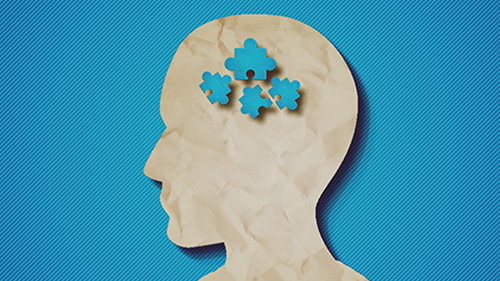
The world of AP Psychology is going through a curricular change. While this has been a works in progress for a number of years, not that the changes...

The free-response section in the AP Psychology exam contains two seven-point questions that are weighted to account for a third of the overall exam...
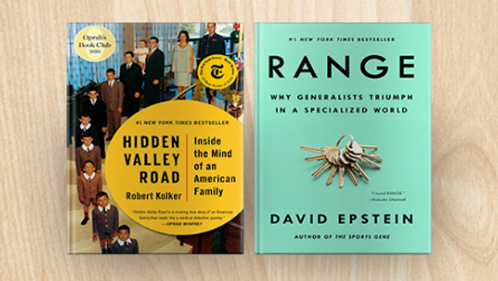
For part two of our AP® Psych summer book reviews, we check out two books that are great additions to any AP® Psychology classroom.
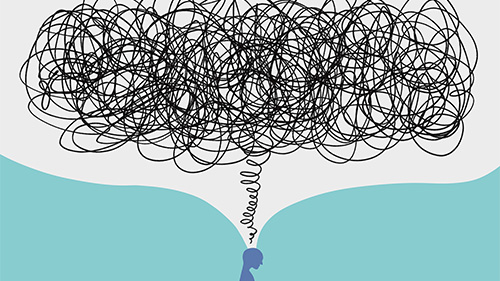
AP® Psychology is just as much a class with an abundance of new vocabulary as it is an introduction into the field of psychology. Students often...

It’s the time of year when teachers and students begin their final push towards preparing for the AP Human Geography exam. Teachers and students...

The Free-Response Question (FRQ) portion of the Advanced Placement® exam provides test takers with the opportunity to demonstrate their knowledge on...

There is less than a month until the AP® Econ exams. It is crunch time for students—especially those taking multiple AP®exams. These exams can be a...

The Supreme Court question on the AP Government exam, a mandatory component, consistently challenges students to demonstrate a nuanced understanding...
